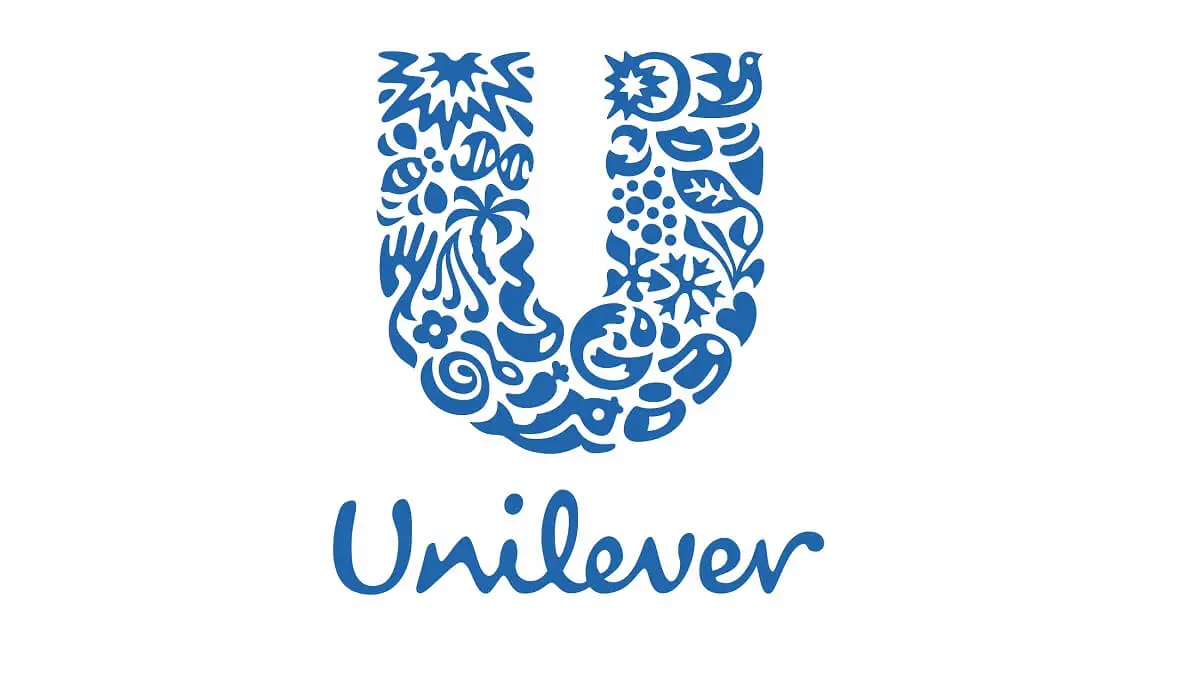Matrics: How to stay on top of the study game right until the end
With the matric exams in full swing and one or two subject papers ticked off the list, the Class of 2015 is likely to start glimpsing the freedom that lies just a few weeks away. Unfortunately, this enticing vision may lead to a more relaxed approach to remaining papers, and impact negatively on results, an education expert says.
Dr Felicity Coughlan, Director of The Independent Institute of Education, SA’s largest and most accredited private higher education institution, says matriculants who are starting to feel an almost palpable lifting of pressure should take this as a cue to re-assess their approach during the home stretch.
“Of course it is a welcome feeling, but it should only be welcomed if you are absolutely certain that you are putting in your very best, for every subject, right until the end,” she says.
“The reality is that the hard work of the past decade and a bit could be negatively impacted by a relaxing of focus during these last four weeks of your school career. This is especially so since matriculants are experiencing a period of relative freedom, with the loss of routine which came with going to school and having to do homework every day,” says Coughlan.
“That is why it is important to take a little bit of time now to objectively evaluate where you are, how your studies are going, and where you possibly need to make changes to keep the momentum going. Once you pass the halfway mark, you are going to need all the focus you can muster to counter an increasing number of distractions,” she says.
Dr Coughlan says matrics can take the following steps to ensure they continue delivering their very best throughout the exams:
1) Do not be thrown off track if one of your papers did not go well.
Stop stressing about the subjects you’ve already written, advises Dr Coughlan.
“There is nothing more you can do about those results. Throw yourself into each subject as its time comes, and especially for the so-called ‘easier’ subjects which are often scheduled towards the end of the exam timetable. Every paper counts.”
2) Review your study roster.
Dr Coughlan says learners should now be well into the groove of studying, and should consider whether they can up the ante a little bit, by putting in an hour or two extra to complete a mock paper, for example.
“Every little bit of effort will pay off, and make you more confident when you enter the exam room,” she says. And that is important, because a few extra marks may well mean the difference between your application for a position, and that of your competitors in the job market.
“It may also mean the difference between being accepted into your course or institution of choice, or having to look at alternatives.”
3) Develop a daily routine and eat the frog.
It is very important to decide on a daily routine and stick to it. By having a set routine you don’t have to decide from moment to moment and hour to hour what you are going to do next, which allows your full attention to be on your preparations. Importantly, you have to eat the proverbial frog, says Dr Coughlan.
“Don’t ease into the day by fiddling with this and that and then only tackling your studies by mid-day. If you take the biggest task for the day and dispose of it first thing in the morning, you would have built momentum that will energise you throughout the day. Everything else will seem easier after you start the day with a major accomplishment.”
4) After each paper, get right back in the saddle.
Learners will, understandably, be tempted to take it easy on the afternoon and evening after writing a major paper, says Dr Coughlan.
“But rather than spending too much time relaxing, aim to take a short breather only, and then immediately shift your focus to the next paper. Review a chapter or two to get your mindset instantly on the right track.”
5) Tune out all noise and distractions.
“Switch off your mobile phone and any other devices while you are studying, and do not study in front of the television,” says Dr Coughlan.
“You can check your messages or social media in your scheduled breaks, but these kinds of distractions should take a back seat for the next month. You won’t remember your friends’ status updates even a week from now, but if you allow them to distract you, you may have to live with a less than satisfactory result for the rest of your career.”
6) Practise saying no.
As the exams near completion, you will be faced with more and more invites and events that seem much more exciting than yet another study session.
“There will be time enough for fun when you’re done. While it is good to socialise a little bit during this time, just to stay in touch with the real world, the limited time you have available for studies should be jealously guarded.”
7) Stay balanced.
As always, the best counter to stress and anxiety is living a balanced, healthy life, says Dr Coughlan.
“Make time for exercise, get enough sleep, and try to keep your diet healthy and balanced,” she says.



